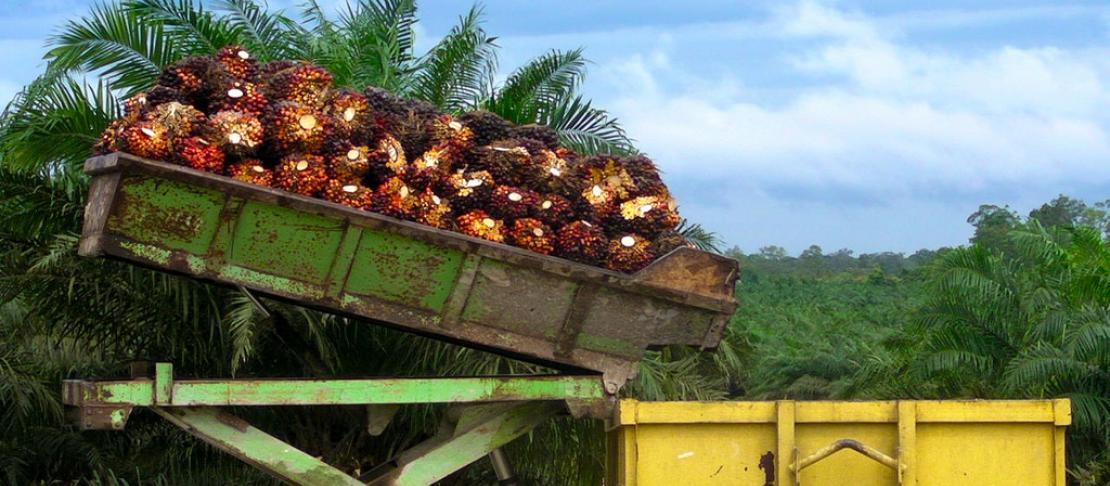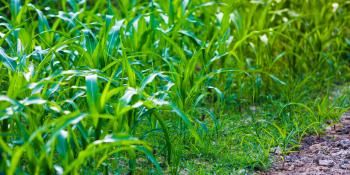Commodity agriculture: supply chains and sustainability

Global demand for palm oil, beef, cocoa and other commodities is rapidly increasing. The production of these commodities is focused in tropical forest regions, where the environmental and social impacts of food production are greatest. Not least, commodity agriculture in the tropics is associated with extensive deforestation and greenhouse gas emissions.
In response to these challenges, governments, NGOs, communities and companies are experimenting with a huge range of possible solutions. Many of these interventions are innovative and exciting, but there is little evidence of what works when, where and why.
For example, has Indonesia’s moratorium on new oil palm concessions slowed the rate of deforestation? Can the sustainability commitments of a leading palm oil company set an example for improved practices across the industry? In Brazil, will the new cattle certification program incentivize ranchers to stop clearing the Amazon forest? Do consumer-awareness campaigns by environmental NGOs alter the demand for commodities?
Recent papers by researchers from the Low-Emission Agriculture's Theme in the CGIAR Research Program on Climate Change, Agriculture and Food Security (CCAFS) and the University of Michigan take a closer look at some of these possible solutions.
The Interventions for achieving sustainability in tropical forest and agricultural landscapes working paper and the Enhancing the sustainability of commodity supply chains in tropical forest and agricultural landscapes article in the journal Global Environmental Change don’t offer answers, but rather make the case for seeking commonalities between seemingly disparate interventions. Effective change must come soon, and there are opportunities for lesson-learning among programs.
But what do different countries, commodities, and solutions have in common? The authors propose that all possible interventions boil down to combinations of one or more of three mechanisms for change: the introduction of new institutions (or policies), incentives, or information and technology along the supply chain. The three I’s. These mechanisms can be implemented by governments, the private sector, or civil society (NGOs, communities and researchers).
The three mechanisms and the three groups can jointly improve the sustainability of commodity supply chains by influencing either supply or demand. The authors suggest that by analyzing interventions using a common approach, we can more easily compare mechanisms to understand how combinations of people and interventions might be most effective in different contexts and why.
For example, commodity certification programs are increasingly common, with established sustainability standards for cattle, palm oil, and cocoa. But the structure of these programs varies widely, and there have been few attempts to compare experiences across programs in different countries.
Some programs are led by industry ‘roundtable’ groups, while others are initiated by independent certificatory organizations like the Rainforest Alliance. The approach outlined in these papers will enable researchers and practitioners to ask policy-relevant questions such as: does the composition of individuals and organizations involved in designing and implementing a certification program affect the extent to which is alters supply chain sustainability?
Or: which is the fastest route to greater sustainability: a focus on improving and certifying farmer practices, or generating a market demand for certified products in consumer countries?
The environmental challenges of food production are increasing, exacerbated by growing human populations, greater wealth, and dietary shifts towards meat and processed food. Meeting the food production and sustainability challenges presented by these trends will require innovation and experimentation. It will also require systematic design and analysis of different interventions, and having the tools and the conceptual frameworks in place can only increase the chance of favorable outcomes.
Peter Newton is a CCAFS Researcher; Arun Agrawal is a professor at the University of Michigan; and Lini Wollenberg is the CCAFS Low Emissions Development Theme Leader. This paper is part of the CCAFS and International Forestry Resources and Institutions (IFRI) Governance of Mitigation in Agriculture and Forest Landscapes project.



